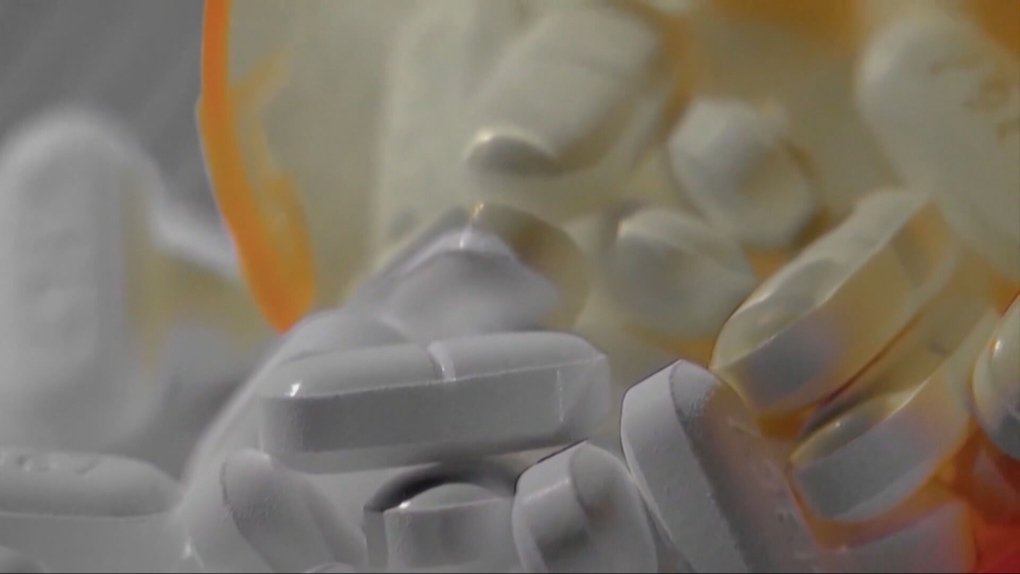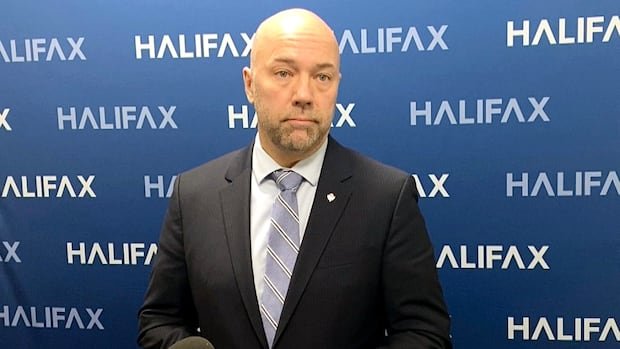New data shows opioid-related deaths and hospitalizations have decreased in Canada, but provincial data shows a different picture.
In Quebec, drug-related deaths increased by 30 per cent in the first half of 2024, according to the public health institute (INSPQ).
Christian Boivin lost his 15-year-old son Mathis to an overdose in December 2023 and says not enough is being done to prevent overdoses.
“We think about Mathis all the time, all the time,” he said. “Even though it’s been more than a year, for us it’s like yesterday.”
Mathis overdosed on nitazene, a synthetic opioid five times more powerful than fentanyl.
His father fears that illicit drugs are becoming more powerful.
“It’s more dangerous than before and it will continue to be that way,” Boivin said.
Emergency room visits for possible opioid poisoning increased 38 percent compared to the previous year.
“Most of the public health crisis around opioids and overdoses is not from prescription opioids, but most of it is the fentanyl that we find on the street, etc.,” said psychologist Dr. Gabrielle Page .
When it comes to prescribing opioids, it’s about finding a balance between the potential benefit and risk of the medication, he said.
“We also know that for a subgroup this can lead to substance abuse or major problems later in life,” Page said.
Nearly 50,000 opioid-related deaths have been recorded in Canada since 2016, but new data from Health Canda shows the national figure is declining.
Figures from January to June show a decline of more than 55 percent between 2023 and 2024.
In Quebec, the INSPQ reported 363 deaths related to opioid overdoses between January and September 2023, and 485 in the same period in 2024. Figures for October to December have not yet been published.
Boivin still feels there is work to be done.
“It’s a silent crisis,” he said. “Government, it does provide money, but is it enough? “I’m not sure… We talk about it but we don’t do enough to prevent, to help.”
Boivin encourages parents to talk to their children about drugs and the risks involved.
“You have to educate yourself,” he said. “What are the symptoms? What is harm reduction? Do you have naloxone at home? “You have to be more involved as a parent to make sure this never happens to your child.”







